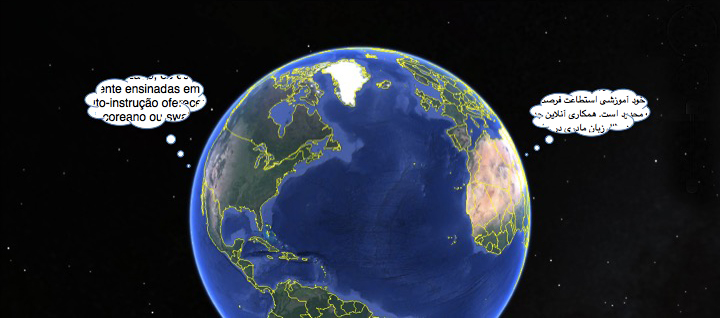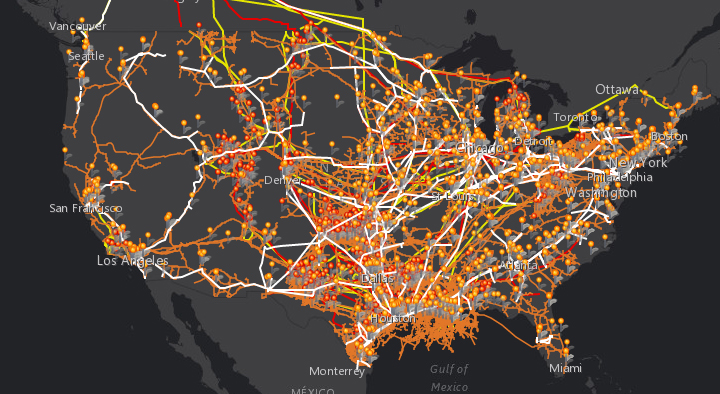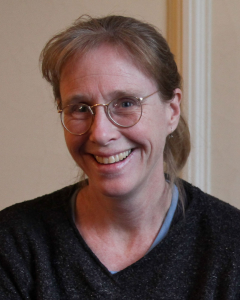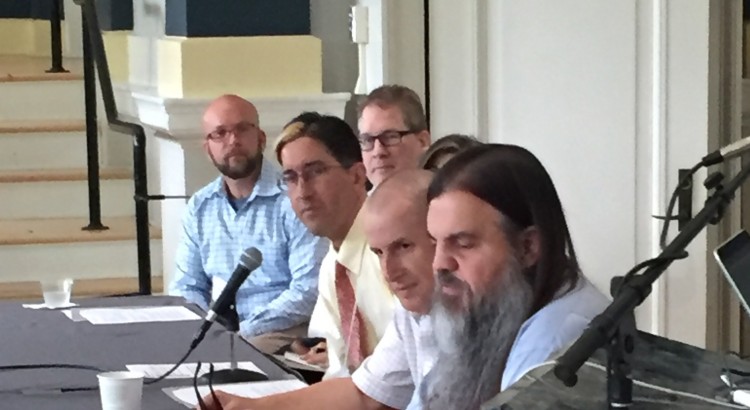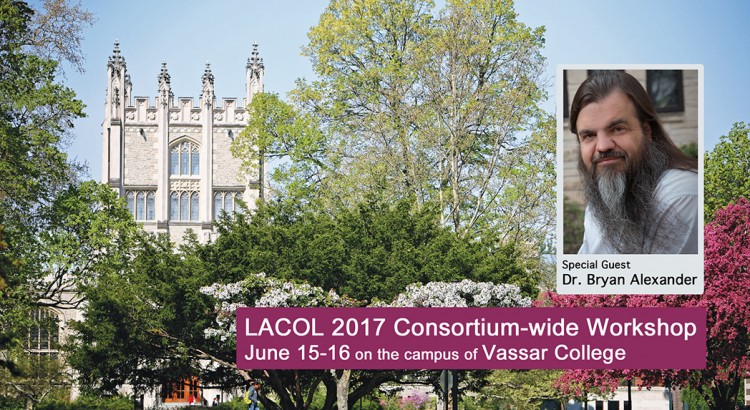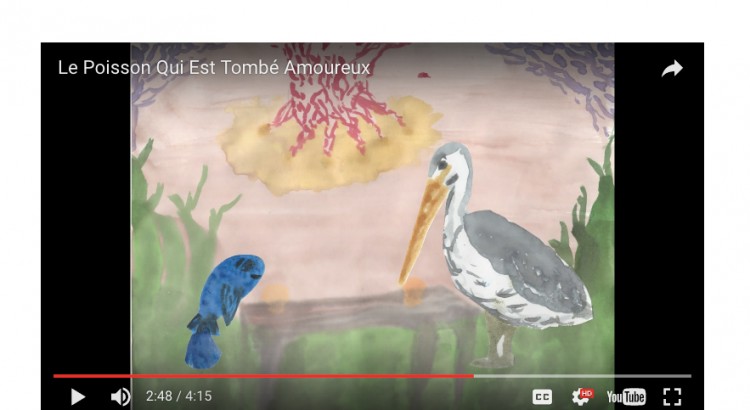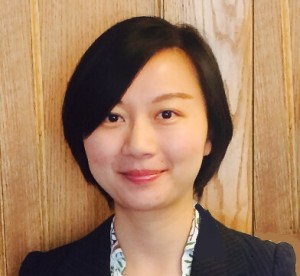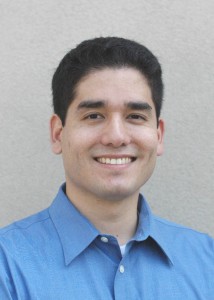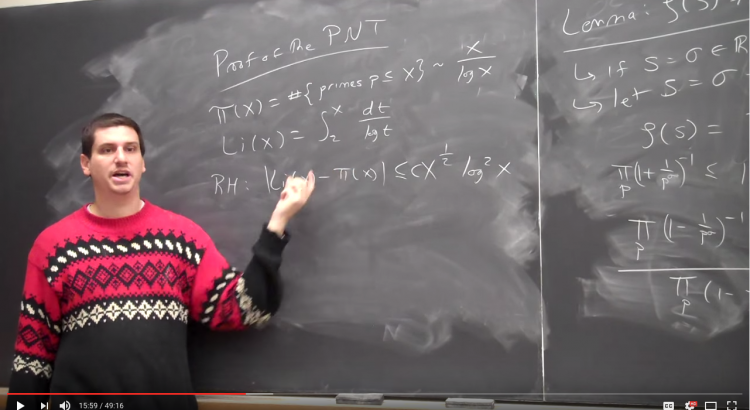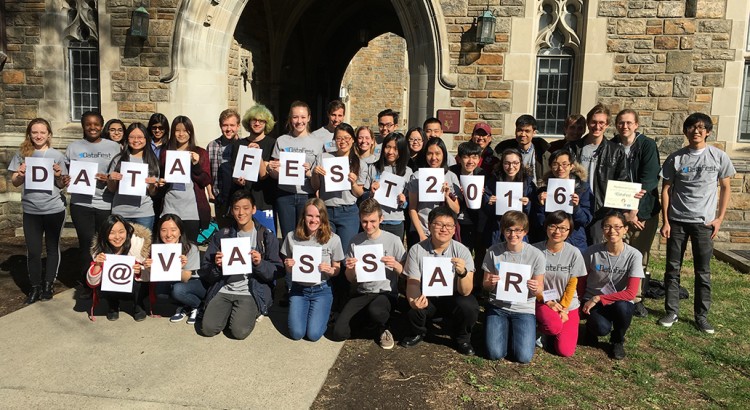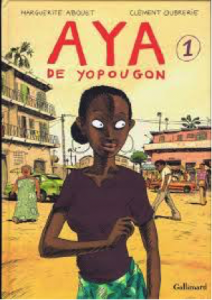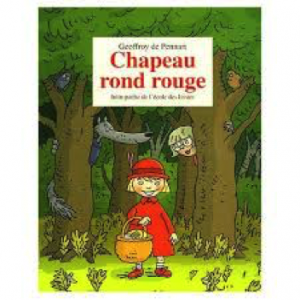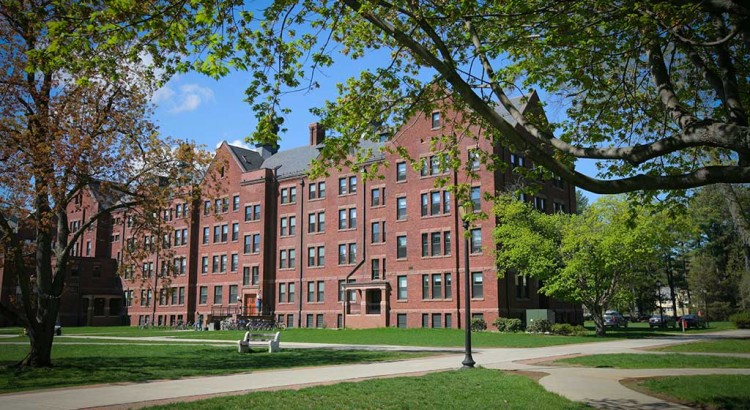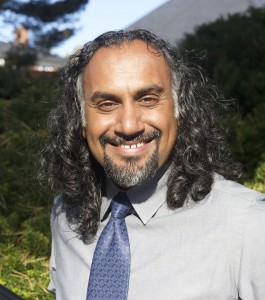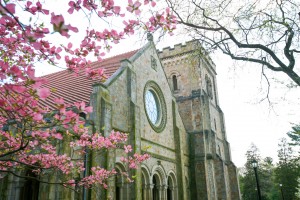Renewed for 2022/2023!
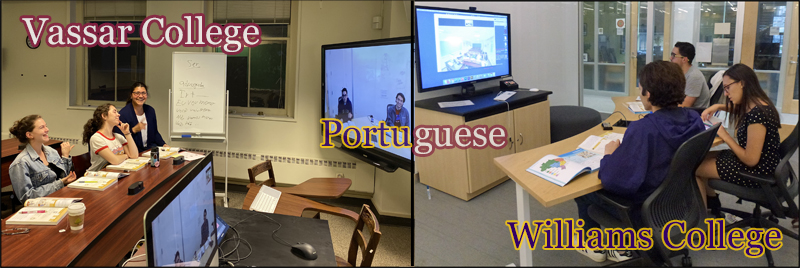
In an increasingly globalized world, students are seeking ways to learn languages that are not commonly taught at schools in the United States. While self-instructional language programs (SILP) afford many opportunities to explore lesser-taught languages like Hindi, Korean, or Swahili, the scope of each program is limited. A new online collaboration will allow each program to tap into resources that other colleges in the consortium have, e.g. native speakers in the community that can serve as tutors, or advanced level instruction in certain languages. Students will have additional opportunities to explore new paths within their liberal arts education.
Many of the colleges within the consortium offer some form of guided self-instruction of lesser-taught languages already. The new LACOL project will launch a collaboration between the Self-Instructional Language Programs at Vassar, and Williams College, using online synchronous classroom-to-classroom interaction. As Lioba Gerhardi, Vassar’s Coordinator of the Self-Instructional Language Program and Adjunct Assistant Professor of German Studies says:
By sharing resources, the partners will be able to increase the number of self-instructional languages available to students in an innovative and cost-effective manner.
The self-instructional component of each language course will remain unchanged. Each student will enroll for the course at their home institution. For speaking and listening practice, students will join conversational tutorial sessions at a partnering college via video conferencing software, such as Zoom.
